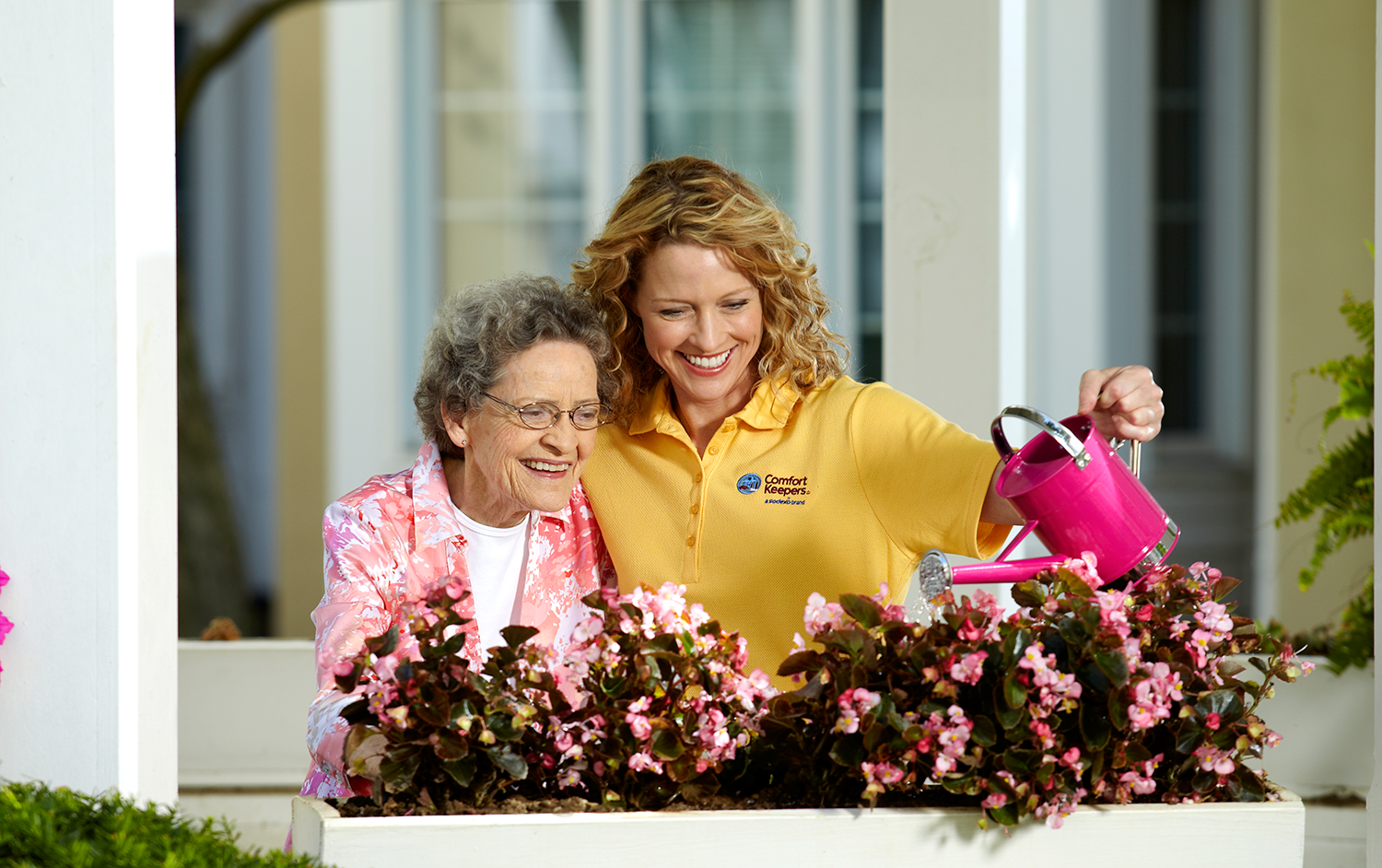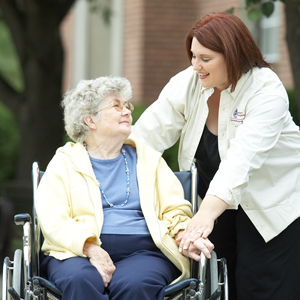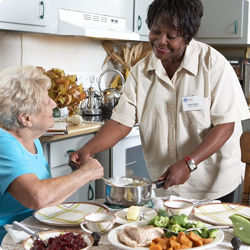Substance Abuse – An Often Invisible Illness
Blog | January 29, 2018
While there are a number of challenges and health risks facing your loved one as they age, substance abuse (particularly alcohol and prescription drugs) is one of the fastest growing health problems affecting seniors today.
Getting older in age can bring on many changes in life. Children grow up and move out, you retire and suddenly have a lot more time on your hands, a spouse passes, and friends become distant. Health can also change, which may bring mobility problems and social isolation.
All these changes can be hard on our loved ones, and often when they turn to substance abuse to cope, it’s often hidden, overlooked, or misdiagnosed. What’s dangerous however is that seniors are more susceptible to the deteriorating effects of all these substances. As we age, our ability to metabolize drugs or alcohol is decreased, and our brain becomes more sensitive to their effects (including addiction).
What are some of the signs?
Substance abuse in the elderly is often hard to detect, as the symptoms can sometimes mimic those of other medical or mental disorders, like diabetes, dementia, or depression. While a lot of these are often chalked up to “old age”, there are a number of signs a loved one is suffering from substance abuse, including:
- Memory problems and confusion
- Changes in sleeping habits
- Irritability, sadness, and depression
- Lack of interest in hobbies and usual activities
- Solitary behaviour (including drinking alone)
- Unexplained chronic pain
- A ritual of drinking before, or after dinner
- Drinking despite the warning labels on prescription drugs
- Slurred speech
What to do once an addition has been identified?
Once you’ve discovered an addiction, it’s important to seek professional help. Talk with your doctor, and depending on the severity, think about seeking out a treatment centre that has experience with senior addiction. You may also consider going to addiction support groups, or have your loved one speak with a therapist.
The rate at which seniors are developing addictions to alcohol and prescription drugs is alarming and definitely cause for concern. But caretakers and family members can help by remaining vigilant and looking for the warning signs of substance abuse.
Individualized Home Care Options
Long-Term Home Care, 24 Hour Home Care & Short Term Care Options Customized for You







